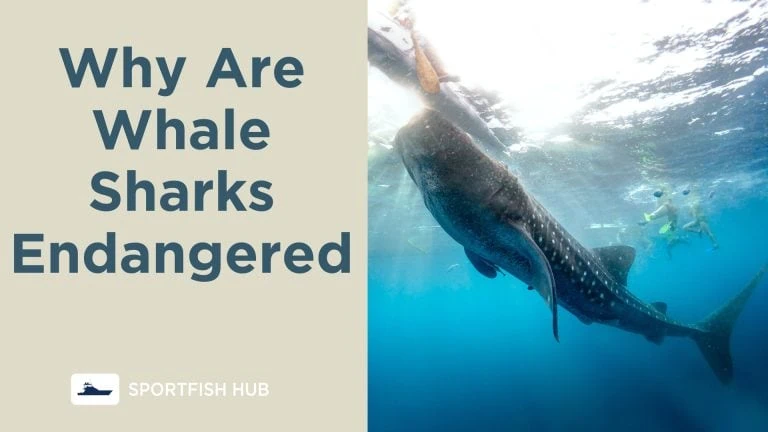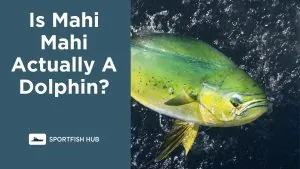The whale shark is the largest fish in the world, growing up to 40 feet long. Despite their massive size, whale sharks are gentle giants that feed primarily on plankton. These iconic sharks are classified as Endangered by the IUCN Red List. Here are the main reasons why whale sharks are endangered.
See our other article: Fun Facts About Whale Sharks.
Overview of Whale Sharks
Before diving into the threats whale sharks face, here’s some background on these gigantic filter feeders:
- Scientific name: Rhincodon typus
- Average size: 18-40 feet long
- Weight: Up to 41,000 pounds
- Diet: Plankton, krill, small fish, squid
- Habitat: Tropical and warm temperate oceans
- IUCN status: Endangered
Whale sharks are slow-moving shallow water sharks found in warm oceans around the world. They have a broad, flat head with a wide mouth that can measure over 5 feet across. Their large size and docile nature make them popular with divers.
You might also like to read: What would happen if all sharks went extinct?
Why Are Whale Sharks Endangered?
Whale shark numbers are declining globally from a variety of human threats. Here are some of the major reasons whale sharks are endangered:
1. Overfishing
- Whale sharks are hunted for their meat, fins, and other body parts
- Targeted whale shark fisheries exist in several countries
- Bycatch in commercial fisheries is also a threat
2. Ship Strikes
- Whale sharks live near the surface and can be hit by ships
- Propeller injuries and deaths occur, especially in key habitats
3. Habitat Loss
- Coastal development destroys key whale shark habitats
- Pollution and marine debris can degrade whale shark feeding areas
| Threat | Details |
|---|---|
| Overfishing | Targeted fisheries and bycatch |
| Ship strikes | Propeller injuries and deaths |
| Habitat loss | Coastal development and pollution |
4. Slow Reproduction
- Whale sharks take decades to reach maturity and have few offspring
- Their slow reproduction makes it hard to recover from population declines
Due to these threats, both the Atlantic and Indo-Pacific whale shark populations have declined by more than 50% over the past 75 years. Further research and conservation action are needed to prevent Endangered whale sharks from becoming extinct.
Conserving Whale Sharks
Here are some ways we can help protect whale sharks:
- Support creation of marine protected areas in key whale shark habitats
- Practice responsible whale shark tourism to prevent disruption of feeding
- Reduce ocean pollution from plastics, chemicals, and other debris
- Choose sustainable seafood to reduce pressures on ocean ecosystems
- Report whale shark sightings to research and conservation groups
- Spread awareness about whale sharks to foster appreciation and protection
Whale sharks are amazing creatures that play an important role in ocean health. Protecting these gentle giants will help create an abundant, thriving ocean.












